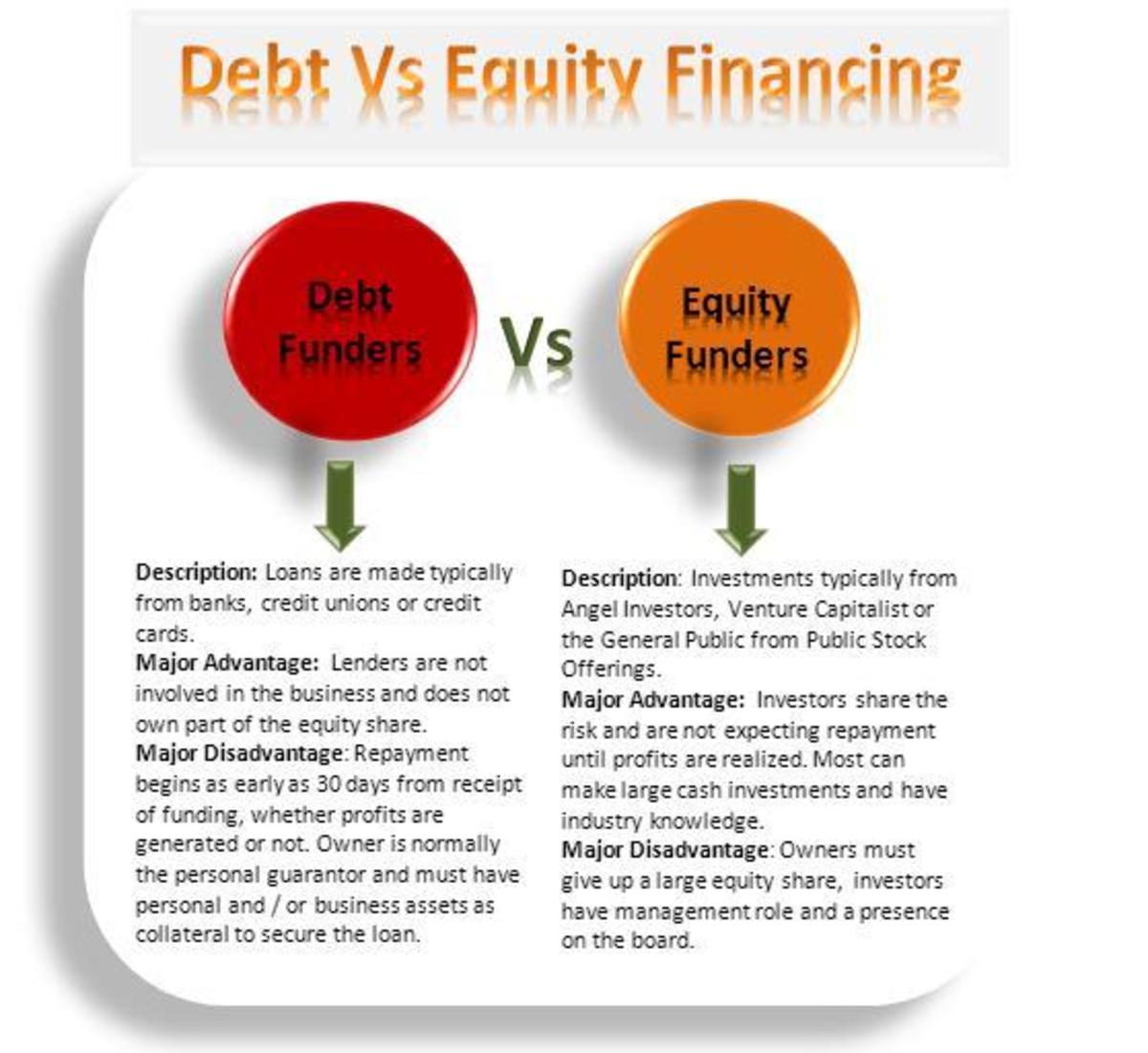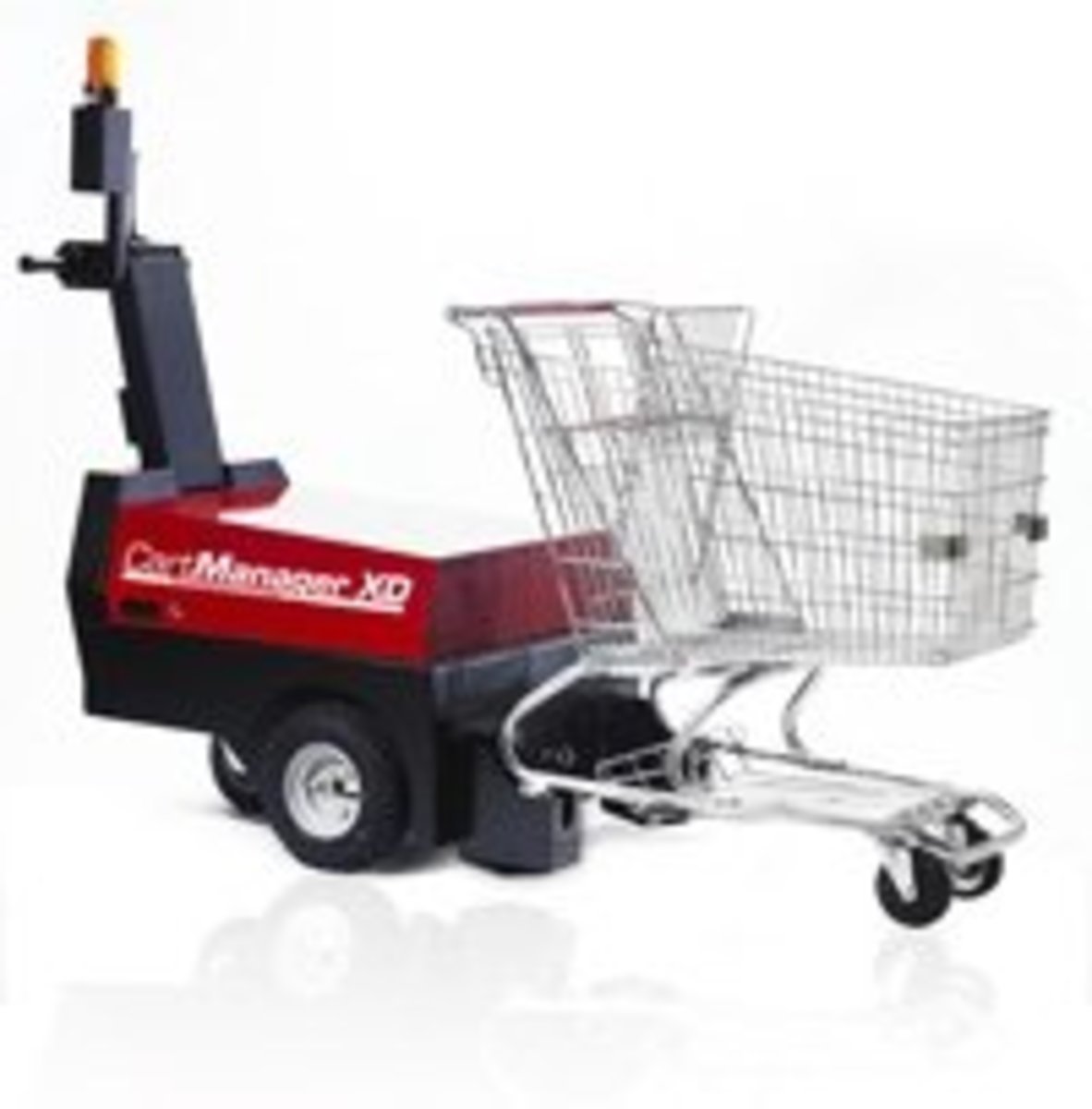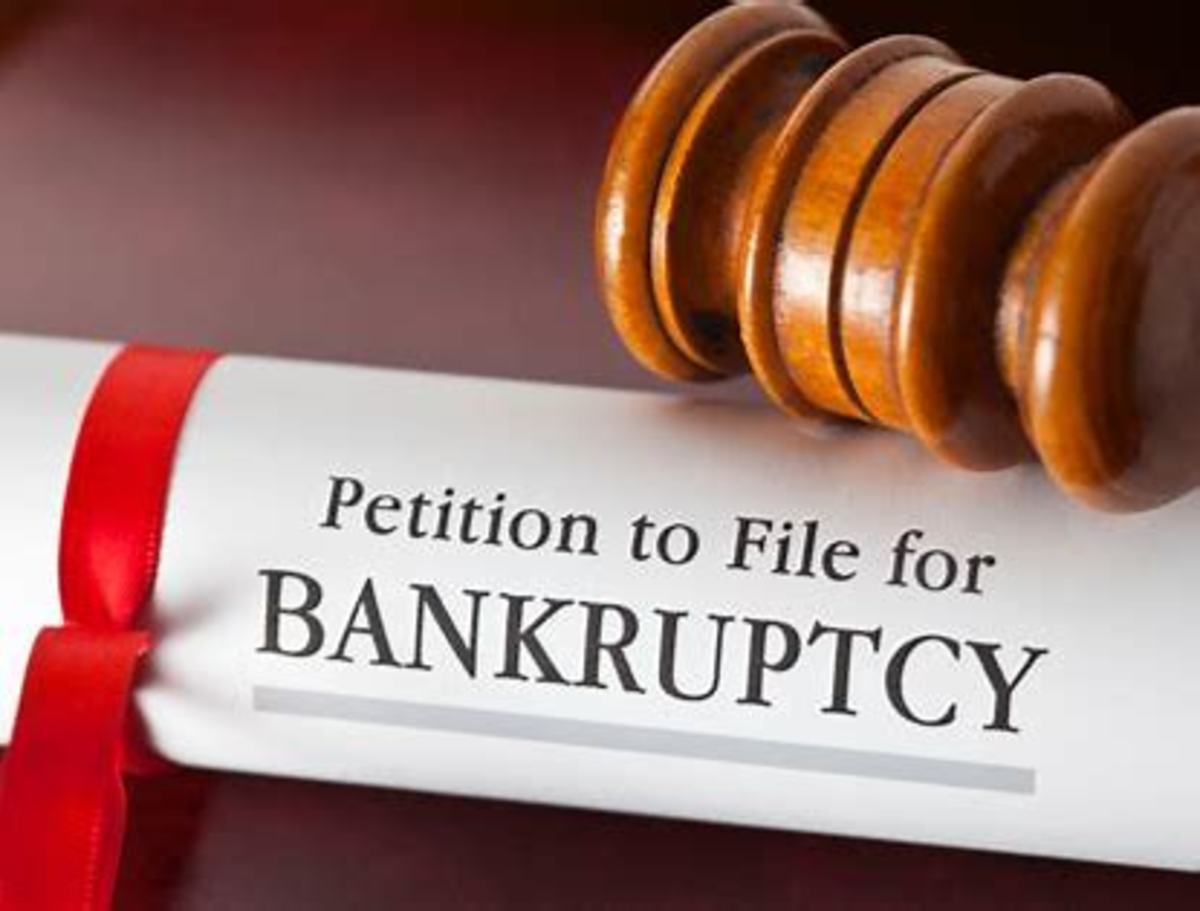How Does The FDIC Close A Bank?

I don't work for the FDIC any more but when I did I really enjoyed it. When I was in banking back in the late 70's to mid 80's, mortgage interest rates were running as high as 18%. People were failing on their balloon loans. What people had done five years prior was to get a five-year mortgage with the idea that the balance (the balloon) could be refinanced at the lower interest rates that would surely be down five years later. Well they weren't down and people were defaulting all over the place. My job was to foreclose on them and also manage the mortgages of people who had filed bankruptcy. I handled those for all 150 branches of my bank. This was in California where you could record an NOD (Notice of Default) for 90 days, publish the sale of the home for three weeks and then have a sheriff's sale on the courthouse steps one week later.
Wives and husbands whose household responsibility it was to pay the mortgage and weren't were literally pulling the sheriff's notices off their front door that announced the impending sale of their home. The other spouse wouldn't even know they were going to lose their house in four months. Sometimes people would wreck the interior of the house in anger. I was always nice when contacting them, explaining the process and trying to negotiate a deal to get caught up. If they tried to pay more than they could afford, I would tell them I rather they took longer and pay then make promises they couldn't keep. Some people were able to save their homes.
When my bank was assumed (in a sale, not a failure), I went to work for FDIC which had taken over for FSLIC. FSLIC handled failed saving & loans, and FDIC handled commercial banks at that time. Apparently, FSLIC was doing a poor job, so FDIC took over. My first closing was a bank in Alaska. This is how a closing works: We've already gone in and done credit reviews, audits, bank examinations, and TAPAS. We are looking at compliance with banking laws and standard business practices. Do the loan files have all necessary loan documentation? Does the bank have the loan agreement? Do they have documents securing the loan collateral? Do they have a mortgage document securing that home loan? Do they have title to the cars for the auto loans? And is the LTV (loan to value) ratio at least 80% (you owe $80,000, but the collateral is worth $100,000) on the secured loans? Was the mortgage recorded properly? Are they making huge commercial loans? What status is the commercial project in? Is it on time and on schedule? Is the unfinished project worth no less than the money lent? In other words, how is that bank using and investing your money?
I've gone into banks where they've lent money to people who had no discernible means income or in no way could afford the loan (oops does that sound familiar?), where the strip mall was pretty much abandoned and there was no way the builder could repay the bank; and in at least two cases, where the bank employees were obviously stealing the money - and not just the higher ups, but the rank and file, paying their legal consultants exorbitant fees, and obviously getting kickbacks. In at least one other case, I firmly believe the bank was supplying money for weapons (of mass destruction) to the Contras or maybe it was Al-Qaeda? Guess where this bank was. Because I reasoned how could someone from a foreign country (and we know from where) walk into a bank and get an unsecured loan for a $1.2 million dollars on a signature and walk out, never to return or repay the loan? You can't be that stupid, so you must be a crook. Know what the employees told us? The customer had come in to sign the finally paperwork. He was supposed to bring the documents for the collateral but "forgot" it. They trusted him so gave him the money and he said he would be right back with the collateral. The manager for this particular branch, used the bank like his own personal ATM. Need $50 for lunch? Take out a note for $50. Record it against the general ledger as a loan? Why bother. Heck, I'm not paying it back so I won't secure the notes or record them, just throw it into a box. We had not idea these "loans" existed. We just happened to come across a box full of these notes. As for the bank that was taking kick-backs, I believe it was connected to the Mafia. This was a one branch bank that was basically the employees' personal piggy bank. I trusted no employee on that closure. The employees had loans under all kinds of assumed names. I don't know if we ever sorted out who was who on that closing.
Here's how closings work: We get the news that the bank is going down. Usually there is an assuming bank. If there isn't, the FDIC is named Receiver. We have a meeting early that day at our site and then fly out to the location under a group assumed name. We register in a hotel and go to a meeting room to wait for the call. Meanwhile, FDIC officials go to the bank and announce the closure. Usually higher ups are escorted out of the building by security. Sometimes they are arrested on the spot. Rank and file learn that day that they now have no jobs. A note is posted on the door with FDIC logo that it has been taken over and will open that Monday. We drive over en mass and get into the bank as quickly as possible. We take over the former managers offices and go to work. We now have 48+ hours to work non-stop to count and secure all assets as of the exact moment of the closing. That bank is going to be open for business Monday morning. Your checks will be waiting for you.
We shut down the computers and back them up to the official time, run the general ledger and other reports. We now have the task of counting everything. We must match every contract with every customer, file, collateral, etc. We go into the vault and count the money, stocks, and bonds. We go in the teller drawers and count the money. We hire the employees on the spot and have them open every drawer and count that money, too. Once I had a teller tell me a drawer had nothing in it. Uh-uh I said, yes, but open it anyway. Inside was a money box $30,000 in cash. A security guard is placed at the door of the vault. Two FDIC employees go in together to watch each other. Everyone signs in and out each time.
That contract you signed? It's the same as cash. And we treat it as such. Banks should have those notes stored in water-proof, fireproof containers. In one back there had been a fire or flood or something and we were peeling stuck together notes from each other. If an FDIC employee has a loan with the bank, they are not going on that closing. If they have a delinquent loan with the bank, their ass is now in trouble. (FDIC employees must disclose every financial and business obligation they have. They better not walk out with so must a pencil with the failed bank's logo on it. They can never park with car with FDIC plates near a bank to do their private business, less someone think that bank is failing.) Bank employees are not allowed to handle the notes. Brinks is called in to transport those contracts for loans that the assuming bank doesn't want. We catalog everything. Every list will be placed in huge binders that will be used for years to come if any original document or equipment cannot be located. We run a report for all current loans. We match these with the notes and secured collateral and box them up for the assuming bank to take over that Sunday. You can work until the wee hours, but when someone skidded off the road in Alaska, we weren't allowed to work 24/7 anymore.
I found this kind of work so much fun. I work best under pressure. The rank and file that had nothing to do with the failure were now government employees, probably making more than they ever had (government benefits are great), the bank was stopped from either stealing or negligently wasting the depositors' money, and we were there to save the day. However, we are not your friend, you have now become a debtor and you owe us (the depositors) money and we aim get it and pay those depositors back. After all, it was their money lent to you so you could buy that car you just had to have. Our goal is to make a deal with you and get you to refinance and get that loan back out to the banking community. I specialized in mortgage loans.
When we go in, we've already cut your check for your deposit as of the balance that day, but your account is closed. It will not accrue further interest. We do not shut-down business payroll accounts. They have to pay their workers. You are issued a claim against the bank's assets for the unsecured portion of your deposit. That where I came in as a liquidator. My job was to liquidate myself out of a job. Negotiate all those loans back to a bank and/or provide an incentive for you to pay me off. Banks pay insurance to protect your money. That is one of the other sources for the cash to give you your deposit back. And like most of us we pay insurance forever for a disaster that hopefully never comes. So the money accumulates from the insurance that banks pay to protect you and the money is there. Now where the money is kept and whether or not FDIC invests it, I can't remember. I do know that I looked at the current value of T-bills and future investment to determine the value of holding your loan and collecting it slowly over time or take a reduced payment and investing it in T-bills.
Having said all this, I just want to caution people that not all banks are stealing your money, but they do have it to lend money out for loans and sometimes they are sloppy and make bad business decisions. They are constantly monitored and audited. The FDIC is there to protect you and that was the part I liked. I knew I was protecting you, me, us. Back when I left, the economy was good. Banks were consolidating before we had to step in on the weaker bank. The FDIC was starting to think of debtors as customers. They didn't need as many liquidators.
A bad economy was good for my secure employment and good one was not.
FDIC
- FDIC
Acquisition of Washington Mutual Bank September 25, 2008 Banking operations of Washington Mutual, Inc were sold in a transaction facilitated by the Office of Thrift Supervision (OTS) and the FDIC. All deposit accounts and all loans have been transf - What Happens To Your Deposit If Your Bank Is Seized
I answser a Hubber's question about insured bank deposit in the short.






